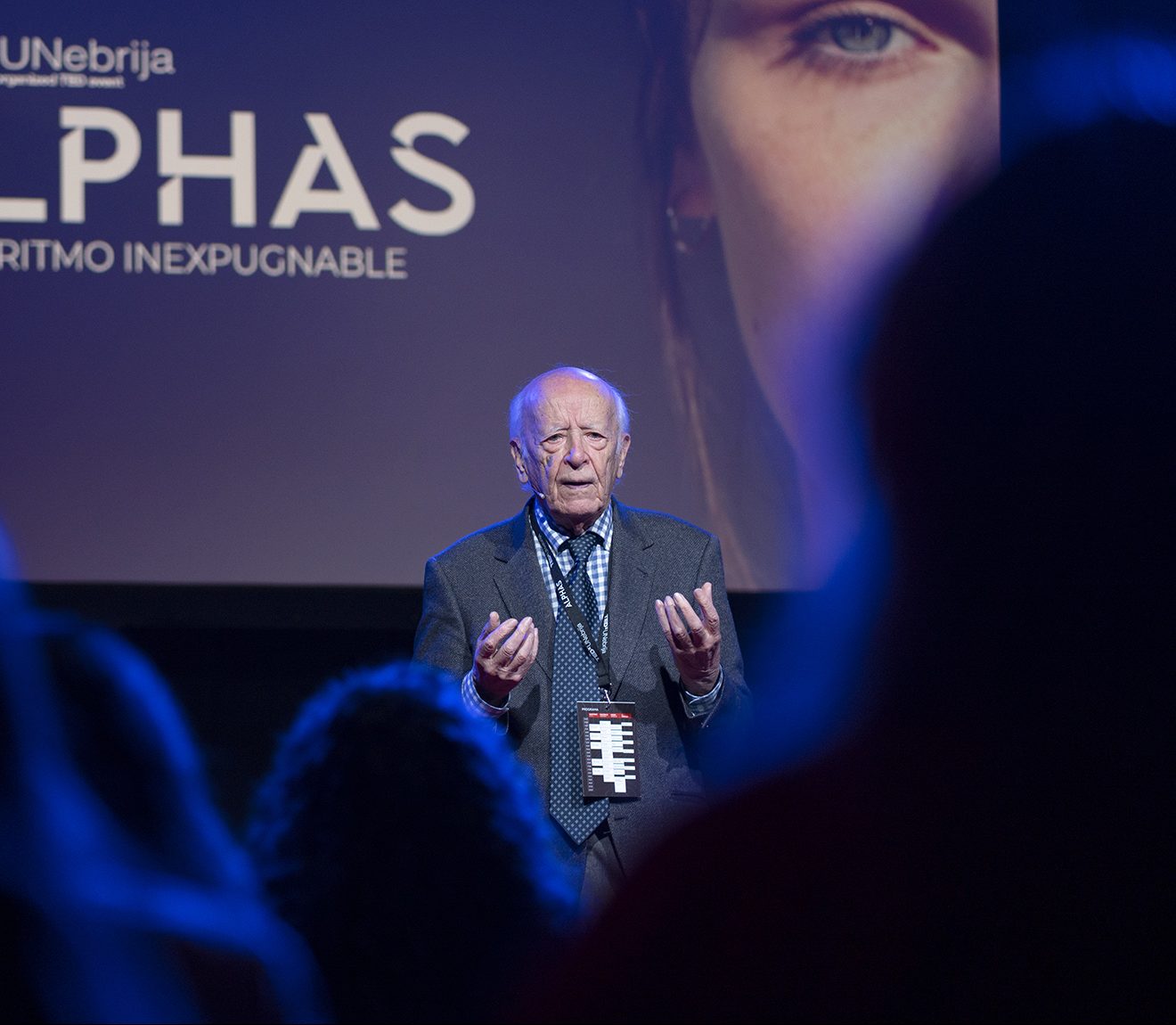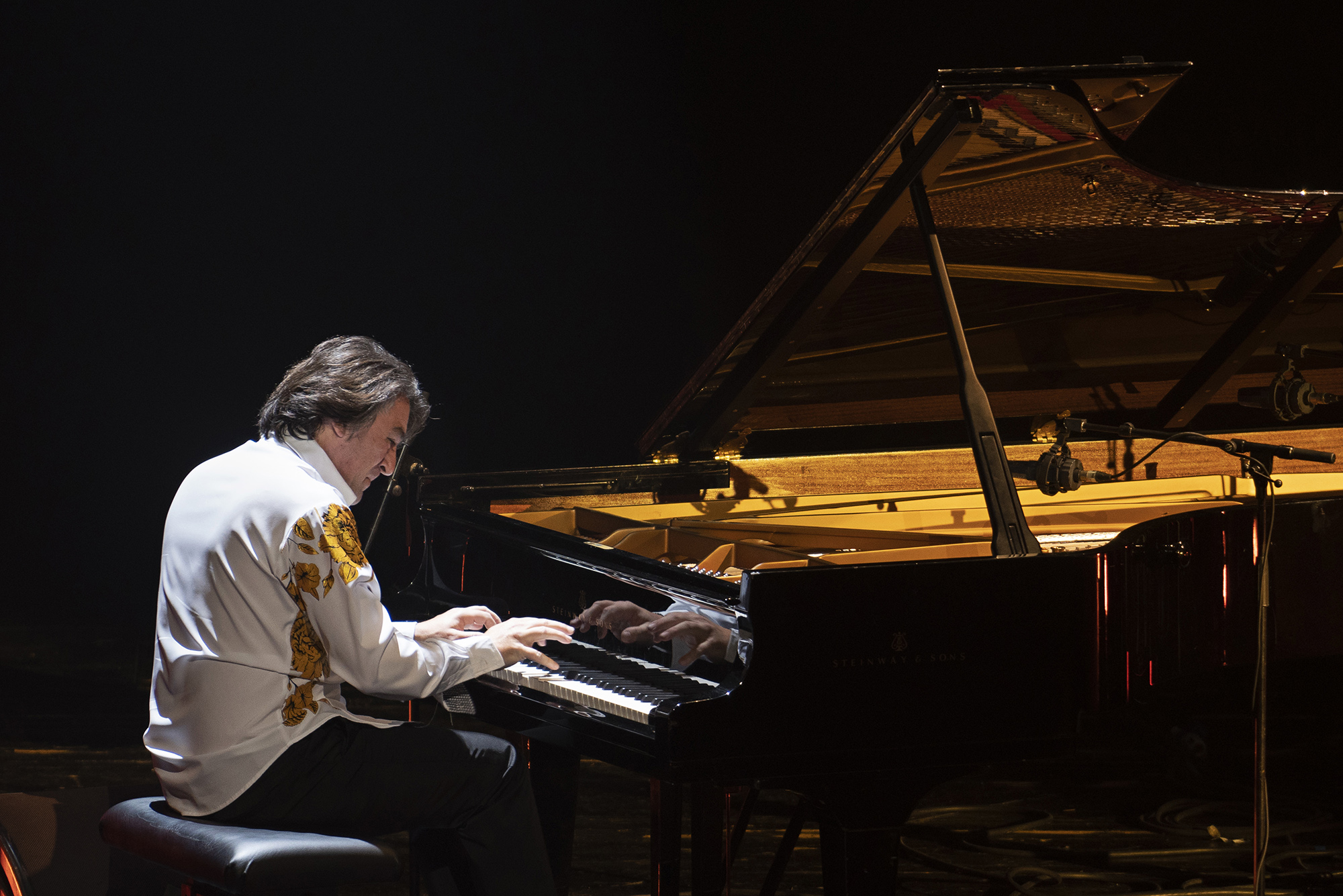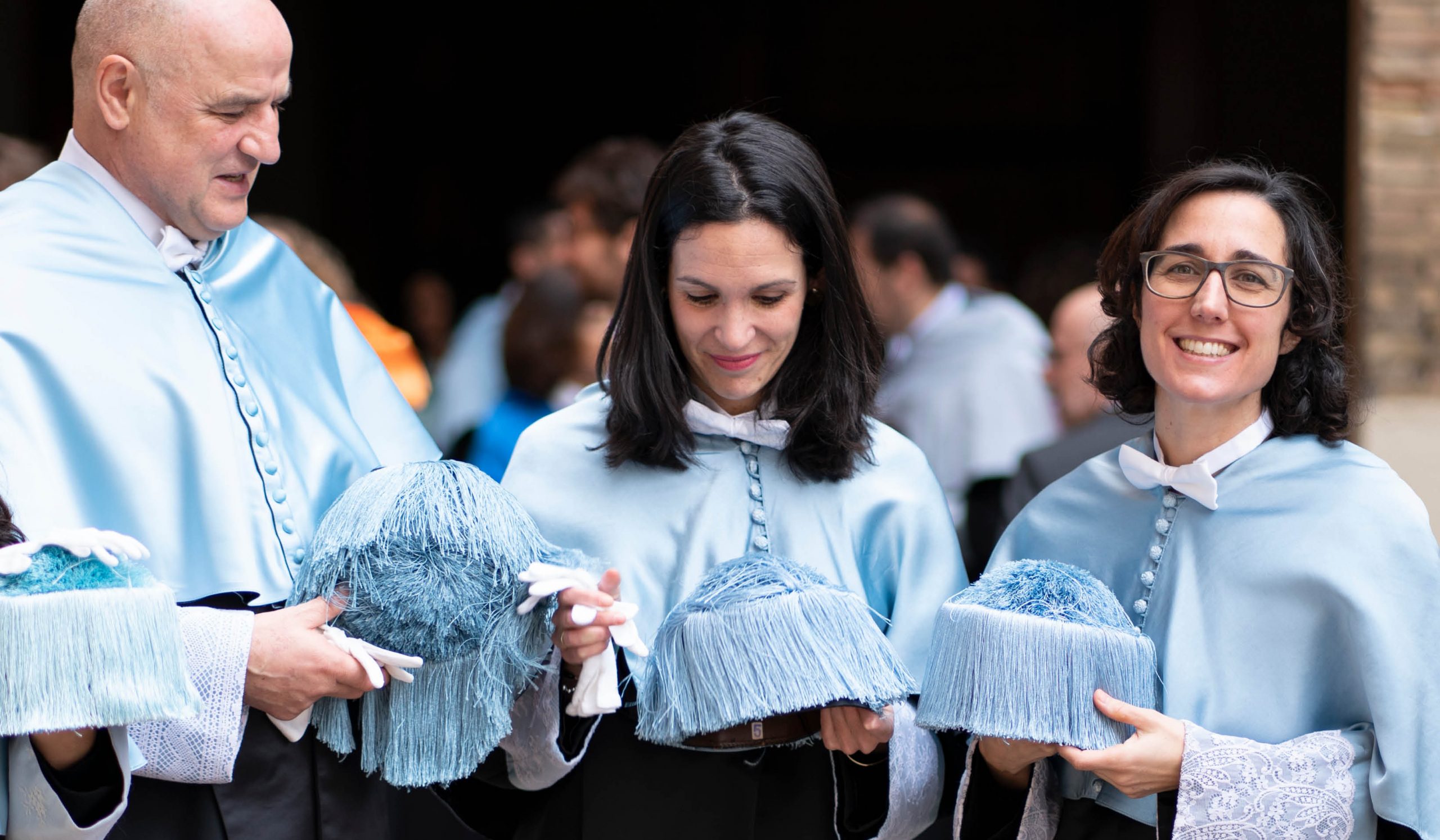Los humanos modernos poseemos un conjunto particular de características biológicas y culturales que nos diferencian del resto de animales. El lenguaje, la habilidad más especial de la naturaleza humana, se ha desarrollado gracias a la extraordinaria inmadurez, plasticidad y capacidad de adaptación de nuestro encéfalo. Esta plasticidad permite que el cerebro pueda asumir habilidades socioculturales insospechadas, como si fueran prótesis que añadimos a voluntad. Una de estas «prótesis» es la lectura; una invención reciente -sin una clara prehistoria evolutiva biológica- que permite acceder a la mente de otras personas a través de la vista. Xurxo Mariño Alfonso has a PhD in Biological Sciences, Professor of the Department of Medicine of the University of A Coruña and member of the Neurocom research group. He has collaborated with the Massachusetts Institute of Technology (MIT), where he did his member of the Neurocom research group. He has published the books «Os dados do reloxeiro», «Neuroscience for Julia», «Earth» and «The conquest of language», among others. He participates in scientific divulgation in radio, TV, internet, magazines and press; having collaborated with CRTVG, Onda Cero, «Muy Interesante», «Filosofía Hoy»; or the websites Culturagalega.org and Naukas.com. In 2018 he received the award in the category of Dissemination at the Gala do Libro Galego for his book «Tierra», a work that also received a honorable mention in the 2018 PRISMA awards.In 2021 he received the Follas Novas award for his book Unhamente que voa (‘The conquest of language’ in Spanish). This talk was given at a TEDx event using the TED conference format but independently organized by a local community. Learn more at https://www.ted.com/tedx



